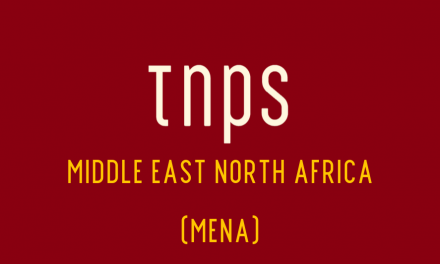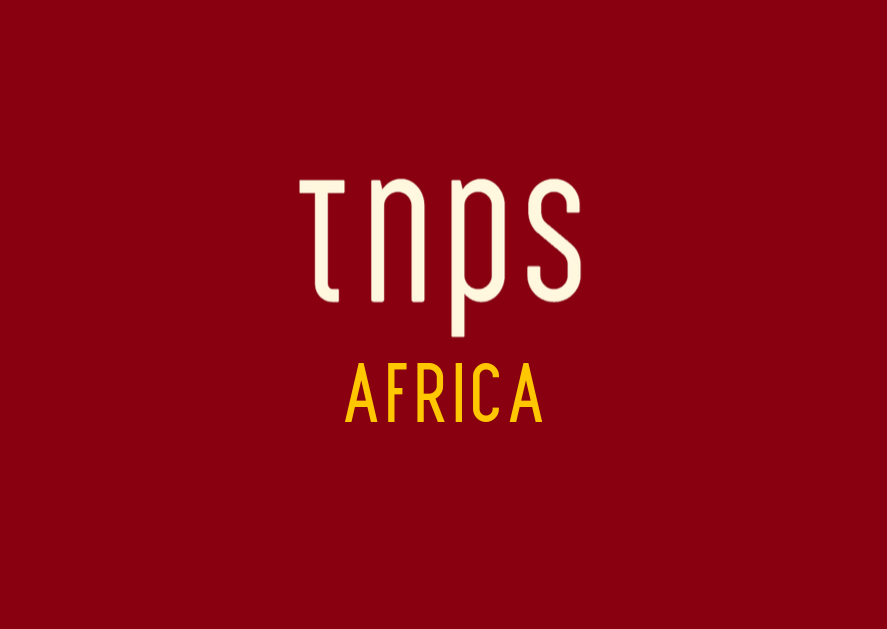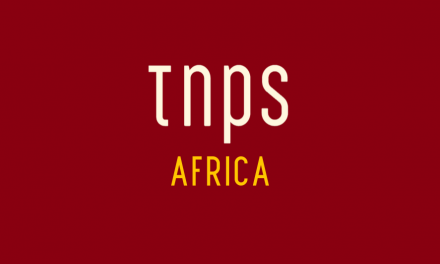The proliferation of counterfeit items, including kamusi, dictionaries, readers, textbooks, and set books, significantly harms the publishing industry and the broader economy. This illegal activity leads to financial losses for publishers, tax evasion, and economic sabotage.
The Kenya Publishers Association (KPA) has raised alarms over the growing issue of counterfeit textbooks in the country. In a letter to Inspector General of Police Douglas Kanja, KPA council members highlighted the widespread distribution of counterfeit books, particularly in regions such as Nairobi, Kisii, Thika, Nakuru, and Murang’a. These counterfeit products are depriving legitimate publishers and authors of their rightful earnings.
Economic Impact
KPA noted that the proliferation of counterfeit items, including kamusi, dictionaries, readers, textbooks, and set books, significantly harms the publishing industry and the broader economy. This illegal activity leads to financial losses for publishers, tax evasion, and economic sabotage.
Call for Collaboration
The association has gathered intelligence on key distribution points and is ready to work with law enforcement to identify and shut down the sources of counterfeit books. KPA relies on check tags, unique markings, and other proprietary security features to distinguish genuine products from counterfeit ones.
Immediate Intervention Requested
KPA has called for IG Kanja’s urgent intervention to initiate investigations and apprehend those responsible for distributing counterfeit textbooks. This action is crucial to safeguard intellectual property rights, protect the livelihoods of those in the publishing sector, and secure tax revenue for the government.
Read more at Kenya’s Citizen Digital.
This post first appeared in the TNPS LinkedIn newsfeed.





